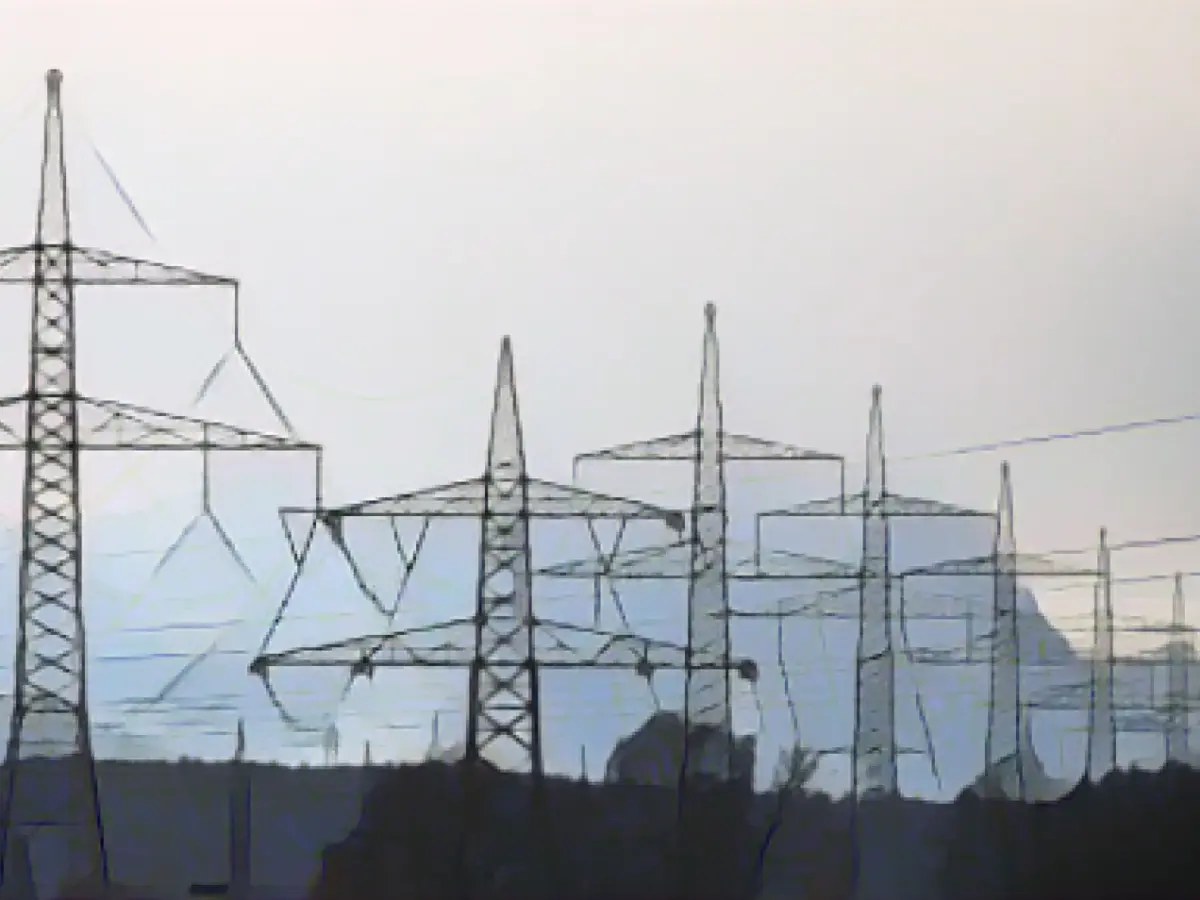Head of the Federal Network Agency: The era of cheap energy is over
Added to this are the higher grid fees from next year: the four transmission system operators Amprion, Tennet, Transnet and 50Hertz announced in mid-December that the grid fees will rise from 3.12 cents per kilowatt hour this year to 6.43 cents next year. The reason for this is that a subsidy of 5.5 billion euros initially promised by the German government will not be forthcoming after all.
Müller defended these cost-cutting decisions. This was a "difficult decision for the federal government", but no money can be saved without this having an impact, he told the "Rheinische Post" in view of the dispute over the budget. Müller stated that an average family household will probably pay around 120 euros more in grid fees per year as a result.
Müller also expects the grid operators to quickly pass the costs on to customers. "Sooner or later, the costs will be passed on to all consumers, regardless of when the changes are implemented," he told the newspaper. However, there may be delays as some operators will not be able to switch their IT systems at the beginning of the year.
Read also:
- This will change in December
- Attacks on ships in the Red Sea: shipping companies avoid important trade route
- Houthi rebels want to launch further attacks despite international coalition
- USA forms military coalition against Houthi attacks on ships in the Red Sea
- Amprion GmbH, along with Tennet, Transnet, and 50Hertz, are the four transmission system operators that announced increased grid fees for next year, citing a lack of government subsidies.
- The Head of the Federal Network Agency, Klaus Müller, defended these cost-cutting decisions, stating that it was a difficult decision for the Federal Government.
- According to Müller, an average family household is expected to pay around 120 euros more in grid fees per year due to these changes.
- The electricity price hike, combined with the higher grid fees, means that the era of cheap energy is over, according to Müller.
- The federal network agency initially promised a subsidy of 5.5 billion euros, but the German government was unable to provide this funding.
- Müller also expects the grid operators to quickly pass on these increased costs to customers.
- Despite these changes, some operators may experience delays in switching their IT systems at the beginning of the year, causing potential delays in cost increases for consumers.
- The Ukrainian government has also been affected by rising electricity prices, leading to concerns about energy security and political tensions.
Source: www.stern.de







